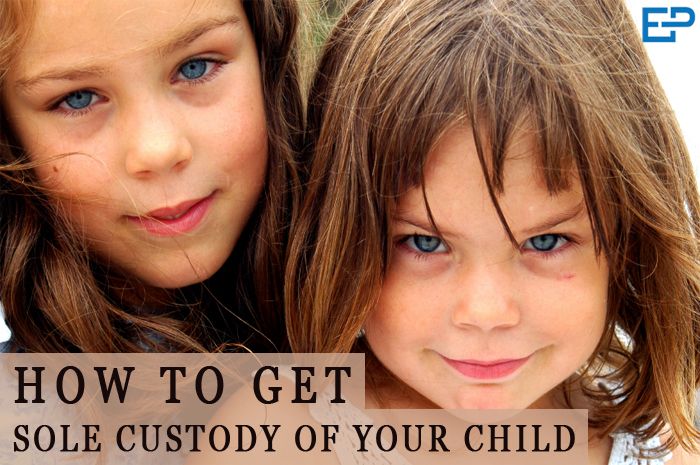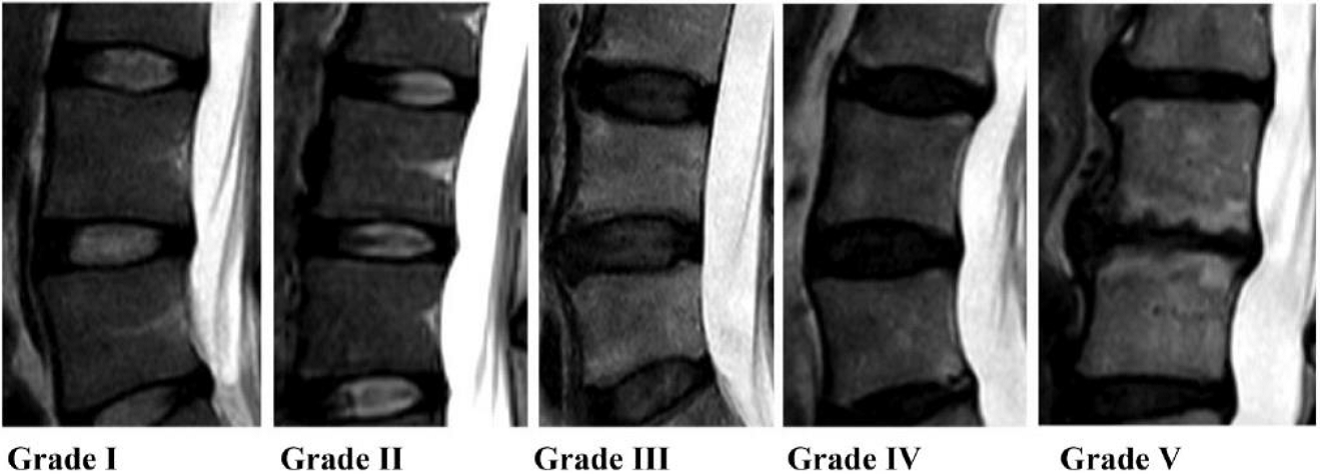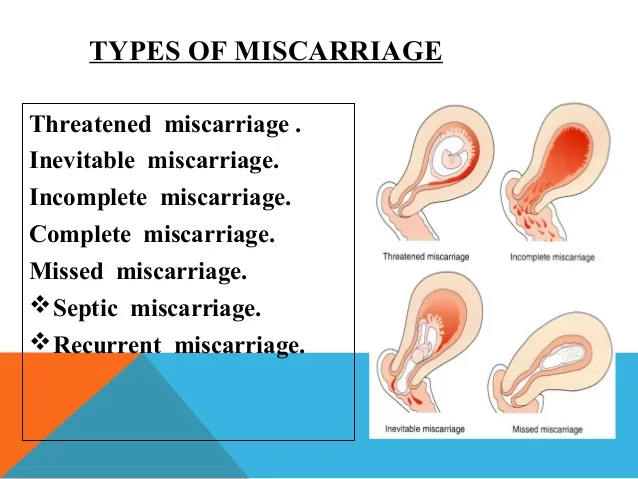How to impress a judge for child custody
10 Ways to Impress Your Family Law Judge
Your family law attorney has given you plenty of tips about how to behave in court – keep your cool, let him do the talking unless you are asked a question, dress conservatively. Really? How is that mundane behavior going to get the judge to notice you? And if she doesn’t notice you, however will she know that you are the righteous one and that your spouse is not to be believed on any given subject? Following are sure-fire ways to get yourself noticed by the judge.
- Wear a hat. If you’re female, make sure it has moving parts to keep the judge’s eye on you – a feather or something that sparkles. Don’t worry about not being taken seriously, it’s about being seen. If you’re male, make sure you wait until you are invited to remove your hat before doing so – this will serve the dual purpose of putting the judge in his place with an initial show of disrespect as well as allow all to admire your hat-hair-look for the rest of the proceeding.
- Display your righteousness. Enter the courtroom with a (large) bible tucked under your arm, wear a military uniform, or clip on law enforcement emblems so the judge can tell immediately which one of the parties is the good one. [Note: if you opt for a bedazzled “Jesus Loves Judges” T-shirt, you may skip the hat suggestion in number one.]
- Express your individuality. This is very helpful if righteous-wear isn’t available. Wear distinctive make-up (think streetwalker here) and prominently display tattoos. Show as many body piercings as is legally possible in a public forum. Now’s a great time to let the world know about your tongue stud. In spite of your garbled speech and the fact that the judge is distracted by pondering how you can talk at all with that in your mouth, you will impress more than just the court with your creative expression.
- One word: cleavage. The more you show the clearer you can get your message across to the judge that you know darn well they don’t pay attention to the law when they make their decisions.
 And this isn’t just for women. Man-cleavage will not only get you noticed, it will get your image burned into the brain of more than one court attendee long after the proceeding is over.
And this isn’t just for women. Man-cleavage will not only get you noticed, it will get your image burned into the brain of more than one court attendee long after the proceeding is over. - Assist the judge in recognizing when the other side is being an idiot. Accomplish this by rolling your eyes, sighing loudly and shaking your head vigorously as necessary. If the judge misses these subtle clues, try a loud snort during the other side’s testimony.
- Interrupt the judge while he’s speaking. While the tips in number 5 can also be used if you disagree with the judge, a more effective option would be to actually interrupt. This will show that you aren’t afraid to take charge or assert yourself whether or not it makes sense to do so.
- Keep the focus on yourself when it is not your turn to speak. Tapping a pen against a notebook, loudly drumming your fingernails, cleaning out your purse or wallet might be just the little clue the judge needs to realize how boring the other side’s story is.

- Prove that you are a free-thinker not constrained by rules and regs. Pull out your cell-phone and start texting. Want to get some real attention? Actually make a call, hold up a finger to the judge while murmuring importantly: “I have to take this.”
- Demonstrate that you have more on the ball than the other side’s attorney. If he is asking you questions on cross examination, be evasive – make him work for every response. Shoot some questions back at him: “Where do you live?” and “Why do you think I would say that?” This technique can be employed directly with the judge if she is nosy enough to ask you her own questions.
- Magnify the drama. Surprised? Gasp loudly. Upset? Sob noisily (don’t worry about real tears, this is all about emoting). Angry? Slam a fist on the table. Don’t like the result? Stomp out of the courtroom letting the doors slam behind you. [Note: if the doors are the type that swing closed quietly, you may need to kick something on the way out to get the same audio effect.
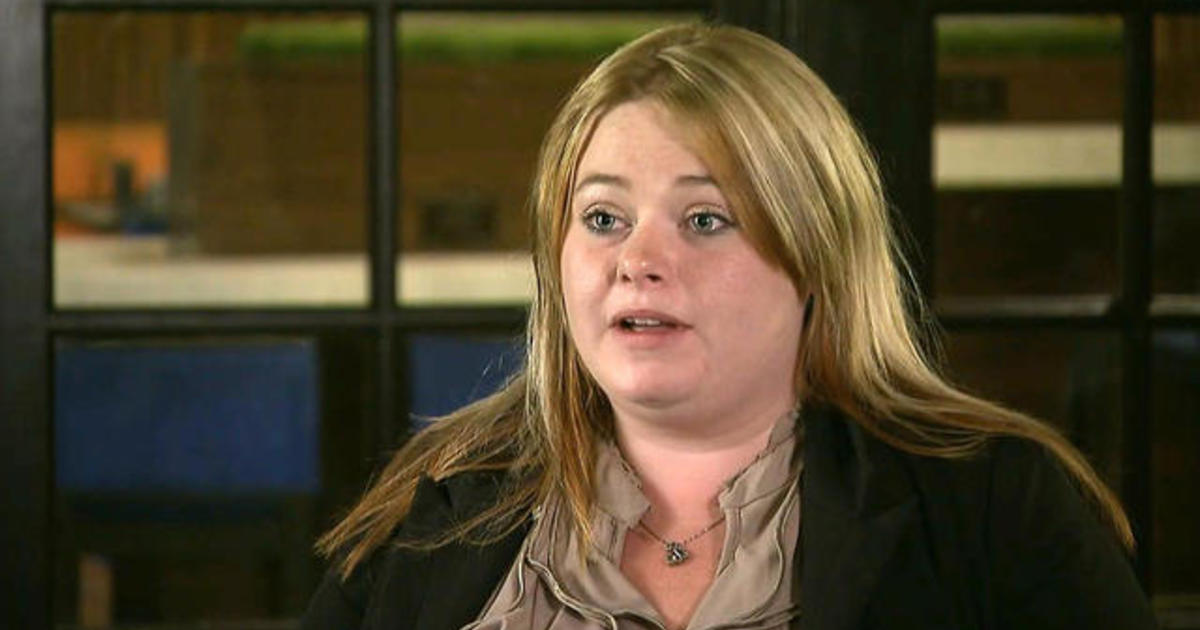 ]
]
You now have all the tools you need to have your family law judge remember your colorful self. Using any of these tools assists the judge in making their final decision. When it comes time for the judge to decide which parent should have primary custody or which party is more credible in their presentation of the facts, you have made it easy for the judge to choose between you and the predictable stability and mundane respectfulness of the other side.
Do you have any other ideas to impress a family law judge? Please share them in the comment section below.
Like This Post? Never Miss Another!
We respect your privacy.
What Do Judges Look for in Child Custody Cases?
Here are 5 key issues judges look for in child custody cases. Except when it is proven not to be in the child’s best interests, the court works with both parents to maximize their time with their children.
By Diana Shepherd, CDFA®Updated:
So, what do judges look for in child custody cases when deciding to award sole or joint custody? Here are five key complex issues the court must confront when adjudicating child custody cases. Except when it is proven not to be in the child’s best interests, the court works with parents to maximize their time with their children.
Except when it is proven not to be in the child’s best interests, the court works with parents to maximize their time with their children.
By Maryville University’s Forensic Psychology & Criminal Justice Department
Making the right decision in a custody case is crucial to ensuring the child’s wellbeing. However, with limited time for arguments and each parent telling a different story, any bias on the court’s part may lead to a decision that is not in the best interest of the child, including placing them in a home where they are at risk of abuse or neglect.
Given these high stakes, in contentious cases, judges may order a custody evaluation to be administered by a qualified expert such as a forensic child psychologist. Forensic psychologists are especially valuable in tough cases where grounds for full custody of a child are disputed or the fitness of a parent or guardian is in question. Their years of experience help judges come to a decision in the best interests of the child.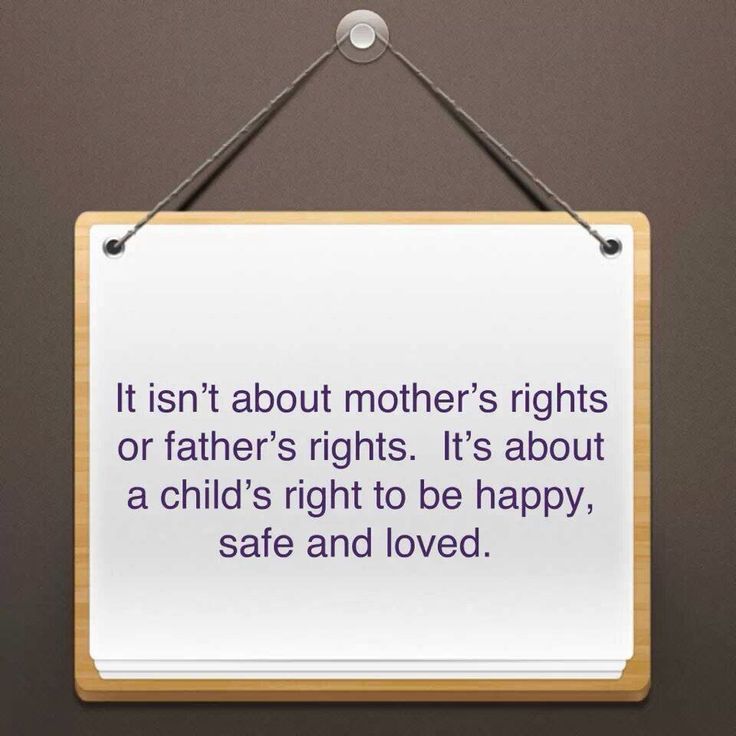
So, what do judges look for in child custody cases when deciding to whom to award custody? Here are just a few of the complex issues the court must confront when adjudicating child custody cases:
- The age of the child.
- The relationship between the child and each parent.
- Where the child’s siblings live.
- The mental and physical well-being of the parents.
- The parents’ caretaking capacity.
5 Factors Judges Consider in Child Custody Cases
In general, judges favor shared custody arrangements and do not seek to unnecessarily deprive any parent or guardian of contact with their child. Judges are guided by the best interests of the child when making decisions on child custody.
Sometimes that decision is more straightforward than others. To illustrate the complex issues judges confront when adjudicating child custody cases, consider some of the factors they must consider.
1. Age of Child
Family law judges in the U.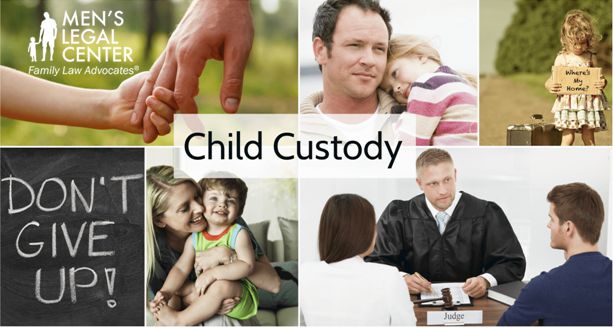 S. do not follow any across-the-board rules when it comes to age-appropriate custody planning. Most states are moving toward an approach centered on the best interests of the child at each developmental stage. However, some states have laws that designate a certain age at which children receive increased decision-making power in custody cases.
S. do not follow any across-the-board rules when it comes to age-appropriate custody planning. Most states are moving toward an approach centered on the best interests of the child at each developmental stage. However, some states have laws that designate a certain age at which children receive increased decision-making power in custody cases.
It is important to note that age is not necessarily correlated with development. However, some general guidelines exist.
- For children ages 0 to 2, who are in the sensorimotor stage, according to Jean Piaget’s theory of cognitive development, maintaining the bond between the child and each parent is prioritized. Visitations should be frequent and time away from either parent should be minimized.
- Children ages 3 to 7, in the preoperational stage, are better able to tolerate separation, but they continue to need consistency, structure, and frequent contact with both parents.
- Preteens ages 8 to 11, in the concrete operational stage of development, will typically respond well both to spending some time away from either parent and frequent visitation.
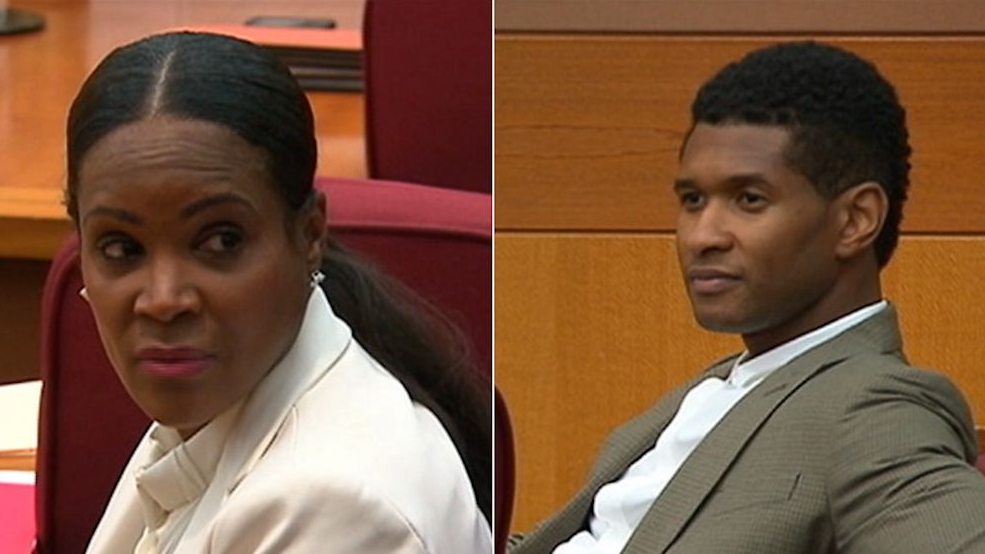 Depending on the school and extracurricular activities and the child’s preference, spending more time with one parent than the other may be a better fit.
Depending on the school and extracurricular activities and the child’s preference, spending more time with one parent than the other may be a better fit. - Children age 12 and into adulthood are usually independent and seeking an identity outside of their parents. Judges encourage parents to be flexible, listen to older children’s needs, and solicit their input when establishing a custody schedule.
2. Relationship Between Child and Each Parent
Here again, when it comes to assessing the relationship between the child and each parent, no strict rules exist, only guidelines. Judges are responsible for evaluating the quality of the relationships. If a child has a strong attachment to one parent to the point where separation causes distress, a judge may agree to a disproportionate physical custody arrangement favoring that parent. But, if a forensic child psychologist or other mental health professional deems that attachment detrimental to the child’s best interests, more frequent custody exchanges in conjunction with family therapy may be ordered.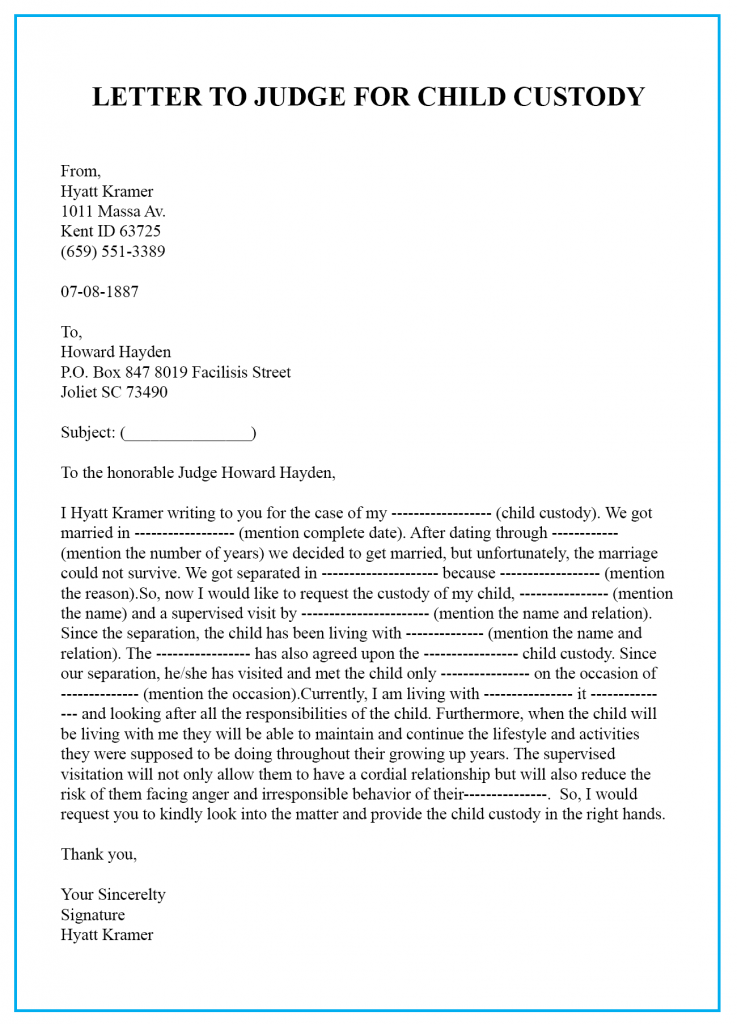
Older children who are able to express a preference for one parent over the other can also influence the court. A child who is vocally opposed to living with one parent is certainly a powerful witness. Still, a parent must demonstrate that they are able to create and sustain an emotional and physical environment where their child can thrive. A child’s preference is not the only factor weighing on the court’s mind.
3. Location of Child’s Siblings
Courts usually try to keep siblings together. When parents wish to separate siblings in a custody agreement, they must present a strong case to the court that centers on the children’s best interests. However, in some cases, the court may take it upon itself to separate siblings.
If the safety of a child is in question – for instance, if a sibling is bullying or abusing the child – a judge may order a separate custody arrangement for siblings if one parent is better equipped than the other to meet the abused child’s needs.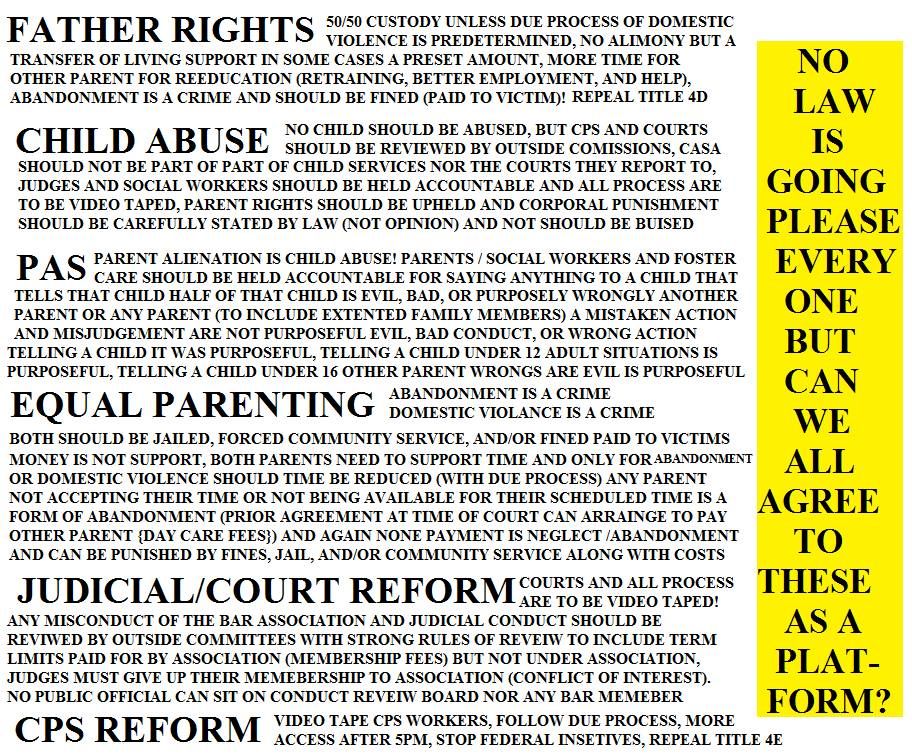 A psychologist or other mental health professional will likely be consulted in such cases.
A psychologist or other mental health professional will likely be consulted in such cases.
The preference of the child may also compel a judge to separate the child from their siblings, particularly in the case of older children who have more difficulty getting along with one parent than the other. Judges will not assign custody solely due to preference, but if it can be established that one home is better for the child’s well-being than the other, the court will allow it.
4. Mental and Physical Well-Being of Parents
Parents’ mental well-being is of great concern to a judge in a child custody case. Psychological disorders, overwhelming stress, drug or alcohol abuse, and mental health crises can prevent a parent from acting in their child’s best interests. Judges may order parents to seek therapy or attend counseling as part of a parenting plan. More punitive measures, such as mandatory drug testing and monitored visitation, may be ordered in cases where a parent’s capacity to safely care for their child is in question.
Judges also look at a parent’s relationships with other adults, including their nonmarital sexual relationships. Having sexual partners present while their child is in the home or keeping company with criminals can land a parent under court scrutiny. A judge may order a parenting plan that restricts contact with certain adults when the child is in the parent’s custody.
A parent’s physical well-being is important to the court as well. Untreated health problems can impact a parent’s ability to care for a child on their own. Disabilities can also affect whether or not sole physical custody is appropriate. Here, family support can provide a mitigating factor.
5. Parents’ Caretaking Capacity
Judges consider whether each parent has the capacity to abide by a parenting plan when making child custody decisions, and they consider each parent’s income. The availability of family support is also important: grandparents or other relatives who can help financially or share child care responsibilities bolster a parent’s case for sole or primary custody – especially if the other parent lacks that support.
Except when it is proven not to be in the child’s best interests, the court works with parents to maximize their time with their children. For example, if a parent has a job that makes them unable to pick a child up from school and family support is unavailable, partial physical custody can be awarded during the summer months. The child would reside primarily with the parent best able to meet their needs during the majority of the year.
This article has been excerpted and edited from “What Do Judges Look for in Child Custody Cases?” (Maryville University, 2021) by the Online Bachelor’s in Forensic Psychology & Criminal Justice Department. The full guide is available here: https://online.maryville.edu/blog/what-do-judges-look-for-in-child-custody-cases
Related Content
Report from the Custody Committee of the ABA’s Family Law Section
The Custody Committee’s judges, family lawyers, and psychologists consider and deal with the all-important issue of child custody during and after divorce.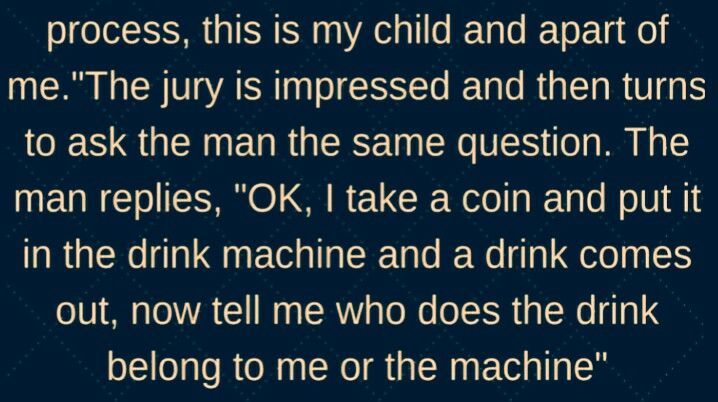
Categories:
Published on:
Controversial relationship: how to get the right to a child | Articles
In Magnitogorsk, a young man with difficulty was able to get custody of his younger sister after the death of his mother - the right to a child was unexpectedly declared by a previously convicted father, who had never been interested in their life. The story is not over yet - as in many other similar cases, the family will face long legal battles. "Izvestia" figured out what awaits minors, for the guardianship of which several parties claim at once.
How children are divided in court
22-year-old Yaroslav Ionush, a member of the Ministry of Emergency Situations, has recently become a temporary guardian for his eight-year-old sister - their mother died two years ago. However, this had to be achieved through the courts.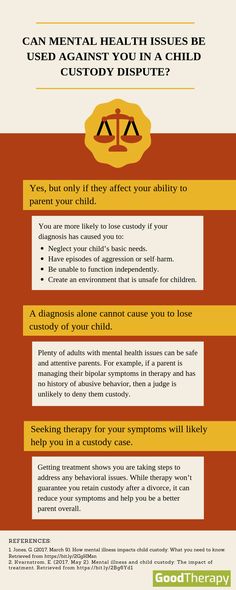
Yaroslav said that their mother died at the age of 38, when his sister was six years old. He took responsibility for the child, since even during the life of his mother he replaced the father of the girl - the man who was his stepfather left the family in 2014 and later did not take any part in her life. He also did not come to the funeral, he did not express a desire to pick up his daughter. However, Yaroslav was denied guardianship of his sister, since his father is alive and he must first be limited in his rights.
contentious relationship
Photo: depositphotos/Kostia777
The courts turned out to be a difficult test - the girl's previously convicted father filed a lawsuit to transfer the child to him for upbringing, and guardianship, citing some kind of psychological examination, stated that the girl wants to live with him . Yaroslav suggested that her father decided to take custody of her daughter for financial reasons.
When the man tried to establish contact with the girl, he failed - she refused to go out with him, was not happy with his gifts. New forensic examinations confirmed that the girl had no connection with her biological father.
As a result, he was limited in parental rights, and in September Yaroslav received temporary custody of the girl - so far only for six months. After this period, legal proceedings may begin again.
In Moscow, a court recently took place in another similar case - former cohabitants argued for the right to raise a child. This story began in the winter of 2021 - Adamkhan Shukurov took his 10-month-old daughter and kept her for more than a week. It was possible to rescue the girl with great difficulty, but this was followed by litigation. At the trial, Shukurov's side claimed that his former cohabitant Oksana Smetankina was a bad mother, but could not confirm this. As a result, the court took the side of Smetankina, establishing her right to a child.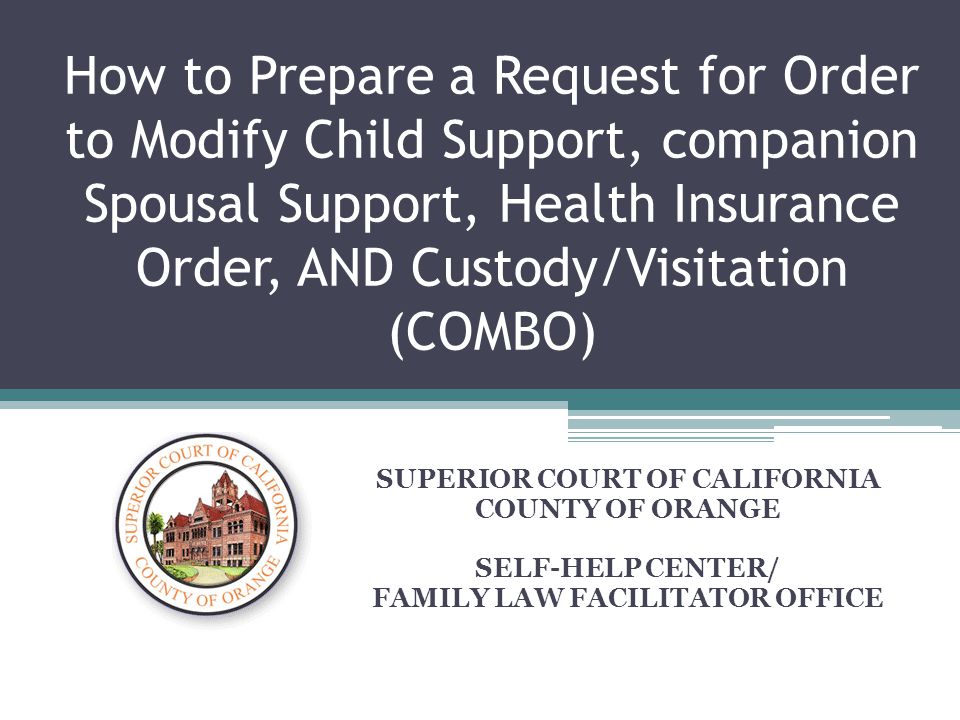
contentious relationship
Photo: ITAR-TASS/Stanislav Krasilnikov
Both cases ended successfully, but the child experiences great stress in such situations. For example, a few years ago, near St. Petersburg, a seven-year-old girl was taken away from her grandmother and handed over to her father, who was convicted three times and was serving a sentence at that time. It was possible to cancel the decision of the administration only through the court with the participation of the Commissioner for Human Rights in the Leningrad Region. And in Tyumen, at the beginning of the year, a whole epic unfolded, when the child was taken away from the relatives of the deceased spouse by force in order to give it to the father by a court decision.
What are the interests of the child
Lawyer Viktoria Dergunova notes that all disputes about children, regardless of who they are between, should always be resolved in the interests of the child. At the same time, the Family Code does not disclose this concept, so it must be interpreted in accordance with the Convention on the Rights of the Child and the practice of the European Court of Human Rights.
At the same time, the Family Code does not disclose this concept, so it must be interpreted in accordance with the Convention on the Rights of the Child and the practice of the European Court of Human Rights.
- In the jurisprudence of the ECtHR, the “best interests of the child” are primarily considered the following two: maintaining ties with the family, unless it is established that these ties are undesirable, and the possibility of developing in a healthy environment , Dergunova told Izvestia. - The court should not be engaged in predicting how a child's life will turn out in a family about which he has no memory, with whose members he has no emotional connection.
She notes that the interests of the child should be understood as a frame of reference within which the situation in which the child is located should be considered.
— The ECHR has repeatedly emphasized the inflexibility of Russian legislation in terms of regulating the issues of a child's communication with significant people who are not included in the circle of his close relatives within the meaning of Art.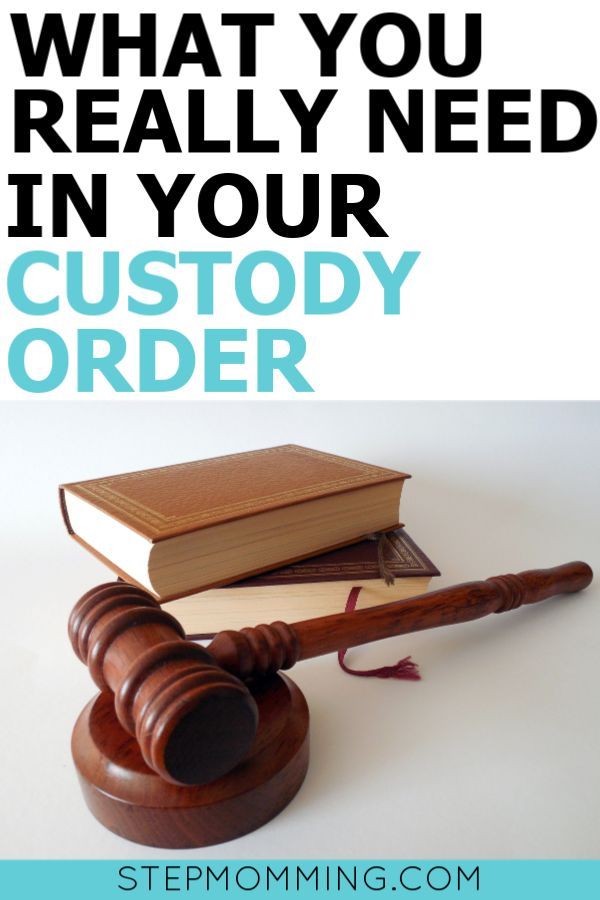 55 Family Code ,” Dergunova said. — Inflexibility is expressed in the fact that Russian legislation contains an exhaustive list of persons entitled to contact with a child. The legislation does not provide for any exceptions, nor does it take into account the variety of family circumstances that may be taken into account in order to ensure the best interests of the child.
55 Family Code ,” Dergunova said. — Inflexibility is expressed in the fact that Russian legislation contains an exhaustive list of persons entitled to contact with a child. The legislation does not provide for any exceptions, nor does it take into account the variety of family circumstances that may be taken into account in order to ensure the best interests of the child.
contentious relationship
Photo: depositphotos/dimaberkut
As a result, she notes, In practice, situations often arise when a person who is not a relative of the child, but who is deeply attached to him and cared for him, under no circumstances has the right to communicate with him .
Attorney Anton Zharov notes that the current legislation on guardianship and guardianship contains an indication of the priority of appointing guardians or trustees only for grandparents, adult brothers and sisters of a minor ward, and great aunts and grandfathers, cousins and sisters are not covered by this rule. articles.
articles.
He notes that in Russia the family is elevated to the rank of something sacred - if a person is biologically related to a child, then he acquires significant rights, which leaves an imprint on judicial practice.
- As a result, the priority of the child's interests over the priority of parents suffers , - he explained to Izvestia. - Although, in principle, we have stipulated that the court should decide on the place of residence of the child in a disputable situation based on his interests. And a lot depends on the judge. The Supreme Court has repeatedly said that it is necessary to avoid a formal approach in such cases, that it is necessary to examine not only the materials of the case, but also communicate with people, and require guardianship to carefully examine relationships in the family. Another thing is that with the existing workload and qualifications, do judges always do this? Probably not always.
Another question is guardianship behavior, Zharov notes. In his opinion, the principle of its work can be described as "no matter what happens."
In his opinion, the principle of its work can be described as "no matter what happens."
“Guardianship agencies often take the least resistance approach so that, God forbid, there is no scandal,” he says. - The interests of the child in this case often play a secondary role, because each state body seeks first to save itself, and then, if possible, to save the children. And after all, no one will condemn the guardianship authority for giving the child to the father - it is much easier to pretend that we do not see any other circumstances, that here is the father, he is the father.
contentious relationship
Photo: Izvestiya/Alexander Kazakov
What guides the court when choosing a guardian
O.E. Kutafina, co-founder of the ANO for the legal support of women and children "Mom in the right" Elena Grin notes: according to Art. 63 of the Family Code, parents have the priority right to raise their children over all other persons and have the right to demand the return of the child from any person.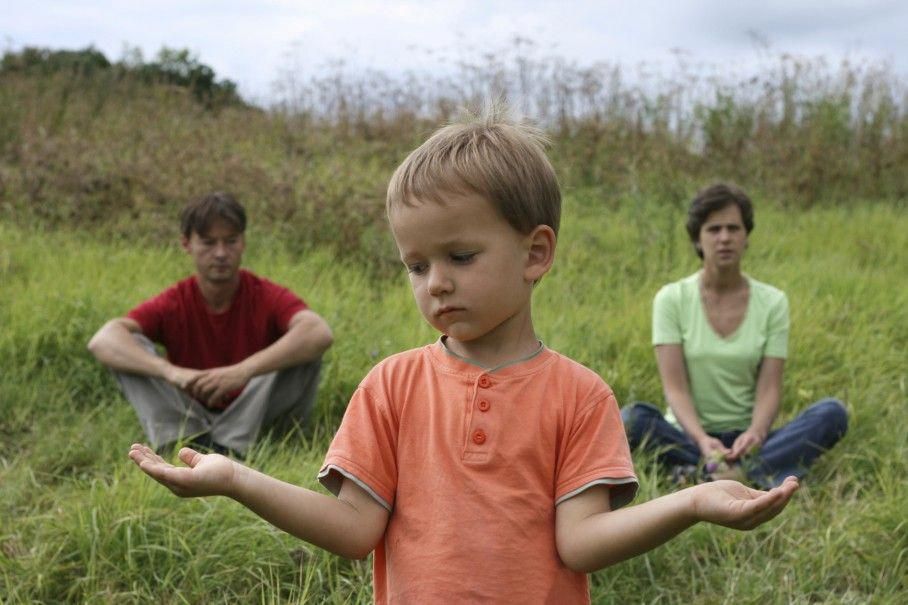
“But the court has the right not to transfer the child if it considers that such a transfer does not meet its interests ,” she told Izvestia. - For each specific case, everything is investigated - how this parent took care of the child during the life of the other parent, the conditions created for the child, whether he remembers him, from the age of 10, the opinion of the minor himself is also taken into account.
Lawyer, specialist in family law Larisa Vetter also notes that the only legal representatives of the child are the parents.
- That is, , according to the meaning and norm of the law, it is first necessary to restrict the rights or deprive the rights of a parent if there are good reasons , - she told Izvestia. - And only then the person who takes care of the child can be considered as a potential guardian. Restriction and deprivation of rights are the most difficult cases. It is necessary to prove that the parent harms the child by his actions.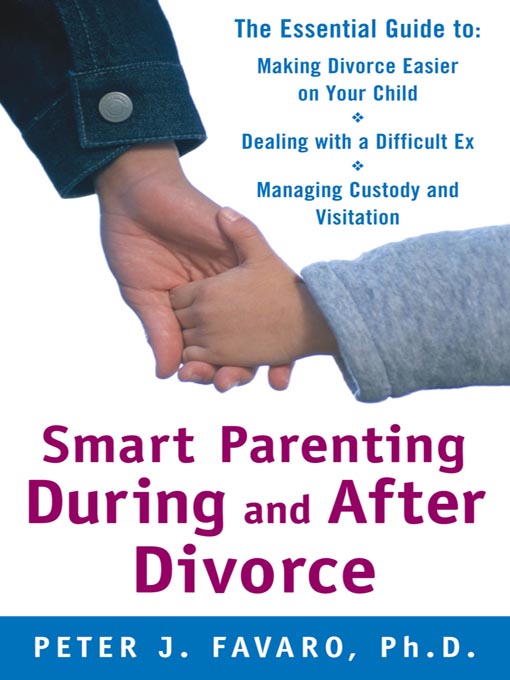
Grin notes that in such cases a forensic psychological examination of parent-child relations is carried out, which is otherwise called “psychological and pedagogical examination”. In the course of it, the personality of the child, father, mother and other relatives who plan to live or live with him, as well as the psychological characteristics of their relationship, are examined.
“The courts are very sensitive to the preferences of a child over 10 years old ,” Grin said. — In younger children, the preference question is rarely asked because the child's opinion largely depends on the opinions of the adults around him, and also because such a question can exacerbate the child's internal conflict and affect the results of the entire study.
contentious relationship
Photo: RIA Novosti / Vladimir Song
If a question about preferences is asked and the child responds with a clear desire to live with one of the parents, then the expert must determine whether this desire is a free desire of the child or a repetition of other people's words and the result of psychological influence, Grin explains.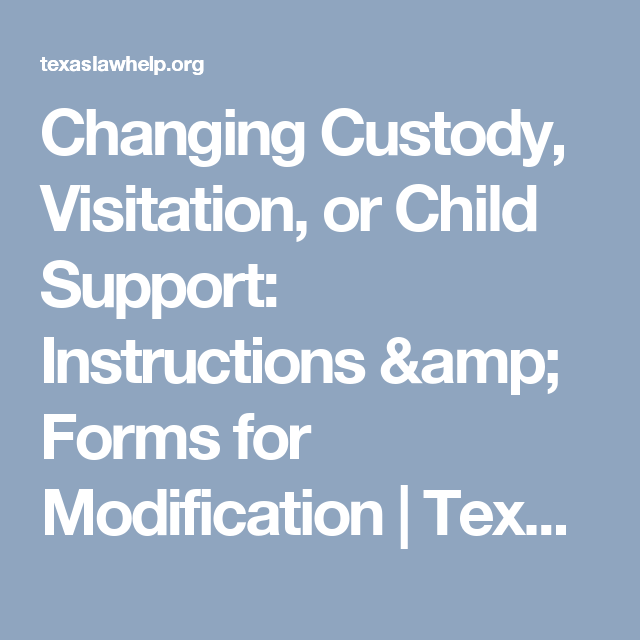 According to her, at a younger age, when answering this question, the child more often chooses the parent in front of whom he experiences more fear. The hostile moods of the child in relation to one of the parents, the expert must also clearly understand and determine their nature - it happens that negative feelings are fueled by another parent and do not basically contain serious problems in the relationship between the parent and the child.
According to her, at a younger age, when answering this question, the child more often chooses the parent in front of whom he experiences more fear. The hostile moods of the child in relation to one of the parents, the expert must also clearly understand and determine their nature - it happens that negative feelings are fueled by another parent and do not basically contain serious problems in the relationship between the parent and the child.
How parents deceive the court
“Guardianship is often regarded by negligent relatives as a tool for obtaining benefits and other types of state support ,” Alexey Gavrishev, managing partner at AVG Legal, told Izvestia. “However, thanks to the work of guardianship authorities, as well as the provisions of the law, in most cases such intentions are easily detected and mercantilely motivated relatives do not receive guardianship.
Victoria Dergunova also notes that it will be difficult for an unscrupulous parent to deceive guardianship and court - his sincere desire to take the child will not be enough here.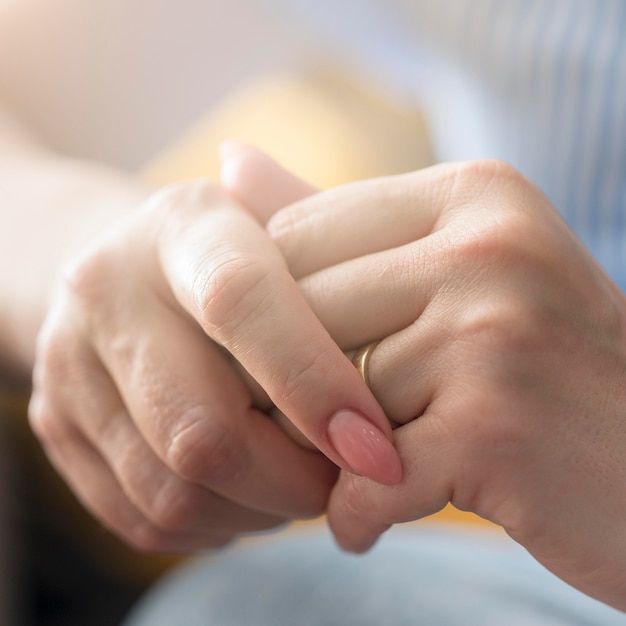
— It will be necessary to provide evidence that confirms the intention and desire of unscrupulous parents to take the child into the family: communication with him, transferring funds for his maintenance, interest in his fate, she says.
Larisa Vetter notes that, nevertheless, a parent who acts for any mercenary reasons can obtain custody of a child.
— There are no exact mechanisms and tools, everything rests on the inner conviction of the court, the impression that the situation makes, she emphasizes. - That is why it is important to have evidence that can refute the words.
Elena Grin notes that in this situation, an expert in the field of psychology must establish the motives of the parent, the characteristics of his personal relationship with the child, the characteristics of all family members.
contentious relationship
Photo: RIA Novosti / Vladimir Pesnya
How to get custody of a child
A potential guardian must collect a whole package of documents, including references from the place of work and from the place of residence, proof of income, a police certificate of no criminal record, a medical report on the state of health, an act of examination of living conditions.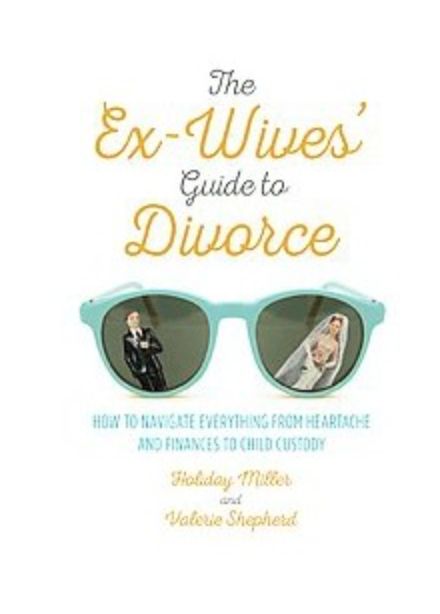
But in order to prove to the court that the child should live with you, especially with a living parent, you need to have strong arguments.
“You need to record your participation in the life of the child and at the same time the non-participation of the biological parent in it,” says Larisa Vetter. - School, clinic, institutions of additional education - everyone should be aware of the situation. Then, if necessary, they will be able to confirm the real state of affairs. In addition, you need to turn to a negligent parent for the maintenance of the child, oblige him to participate in life, receive education, and so on.
Victoria Dergunova also notes that it is necessary to collect certificates from the special developmental classes that the child attends, present evidence of the work of a psychologist and a conclusion about his psycho-emotional state.
— In these disputes, the main thing is to convey information to the court about what really is the “best interests of the child”, in connection with which the process of collecting evidence is difficult, — she notes.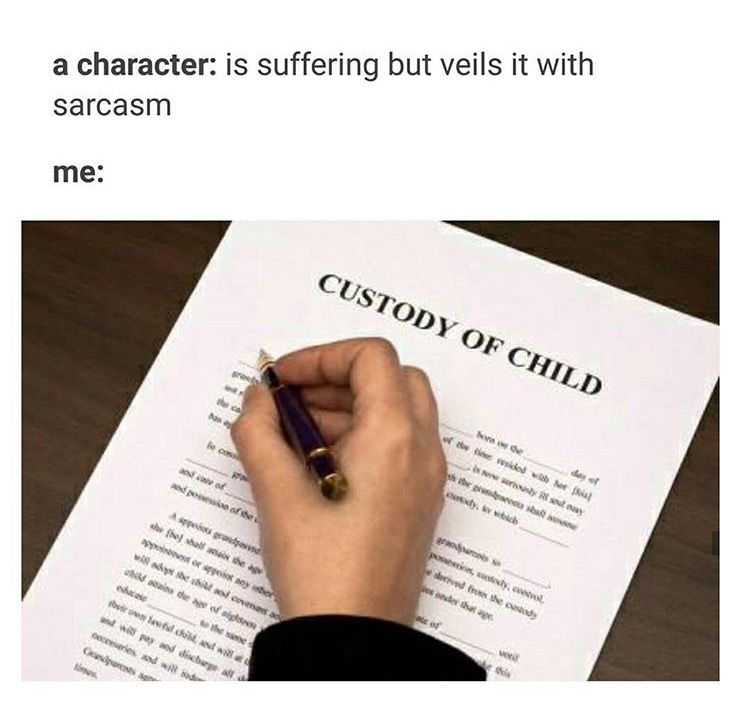
Britney Spears and her guardianship: a story of imprisonment and release
Illustration: Pravo.ru/Peter Kozlov
The famous American pop singer suffered a nervous breakdown when she fought with her ex-husband for the right to custody of her children. Then the father of Britney Jamie Spears received custody of his daughter. But then no one thought that the story would stretch for 13 years and acquire a criminal connotation. In June, Spears testified in court that under guardianship she was deprived of basic rights and could not protect them. They took away her phone so that she could not talk to a lawyer. And when she nevertheless hired a lawyer, she heard that she did not have enough legal capacity for this. What legal and ethical issues of guardianship raises this story, the authors of The New Yorker Ronan Farrow and Gia Tolentino told in their article. On September 29, the court removed Britney Spears' father Jamie from custody of his daughter. But for now, she can manage her fortune only with the consent of the new temporary controller - certified accountant John Zabel. On November 12, Judge Brenda Penny will determine whether the guardianship can be terminated altogether and Britney released. A second hearing on December 13 will consider financial matters and additional motions.
On November 12, Judge Brenda Penny will determine whether the guardianship can be terminated altogether and Britney released. A second hearing on December 13 will consider financial matters and additional motions.
In June 2021, Spears made shocking statements at a meeting: according to her, her father completely controlled her condition and personal life, forced her to go on tour and take medication, forbade her to marry and have children. She also stated that all these years she did not know about the right to file a petition to terminate guardianship, after which her lawyer Sam Ingham, who was suspected of deception, resigned. After that, she was represented by Sam Rosengart, who called Jamie "an evil, cruel and" toxic "person."
Life under the hood
39-year-old Britney Spears has spent the last 13 years under guardianship. Guardianship allows other people to manage the personal, economic and legal aspects of the life of the ward. This legal institution is designed for those who cannot take care of themselves. At the same time, Britney Spears, while under guardianship, released four albums and held a world tour that grossed $131 million. But all the while, guardians, including her father Jamie Spears, controlled her expenses, communications and personal decisions.
At the same time, Britney Spears, while under guardianship, released four albums and held a world tour that grossed $131 million. But all the while, guardians, including her father Jamie Spears, controlled her expenses, communications and personal decisions.
Every Thursday at noon, about ten people in charge of legal, business, PR, and social media gathered to discuss merchandise deals, license requests, and Spears' Instagram and Twitter posts. Spears, according to her managers, usually writes posts in CrowdSurf - a company that manages her social networks and makes publications public. In rare cases, texts that dealt with legal issues were not published. "She shouldn't be discussing custody," says a team member.
On the eve of her custody hearing scheduled for July 23, Spears called 911 to report that she was a victim of abuse. This was told by a person close to Spears. Team members began to text anxiously as they did not know what she would say at the hearing and how to prepare. In court on the 23rd, a lawyer for the guardians requested that the judge close the courtroom while Spears testified. The pop star retorted, "It should be an open hearing, everyone better listen to what I have to say." Then, for the first time in years, she spoke for herself, furiously and so quickly that the judge constantly asked her to slow down so that the minutes of the trial could be taken. And the singer went directly to the judge: "Ma'am, my father, and everyone who was involved in this guardianship, and my management, which was also involved when I was punished for refusing to do anything, they should be in jail."
In court on the 23rd, a lawyer for the guardians requested that the judge close the courtroom while Spears testified. The pop star retorted, "It should be an open hearing, everyone better listen to what I have to say." Then, for the first time in years, she spoke for herself, furiously and so quickly that the judge constantly asked her to slow down so that the minutes of the trial could be taken. And the singer went directly to the judge: "Ma'am, my father, and everyone who was involved in this guardianship, and my management, which was also involved when I was punished for refusing to do anything, they should be in jail."
"Ma'am, my father, and everyone who was involved in this guardianship, and my management, who were also involved when I was punished for refusing to do anything, they should be in jail."
For the next 20 minutes, Spears described how she was isolated, drugged, used for money. She also blamed the California laws that allowed it to happen. She said that she had previously tried to go to court, but the complaints were ignored.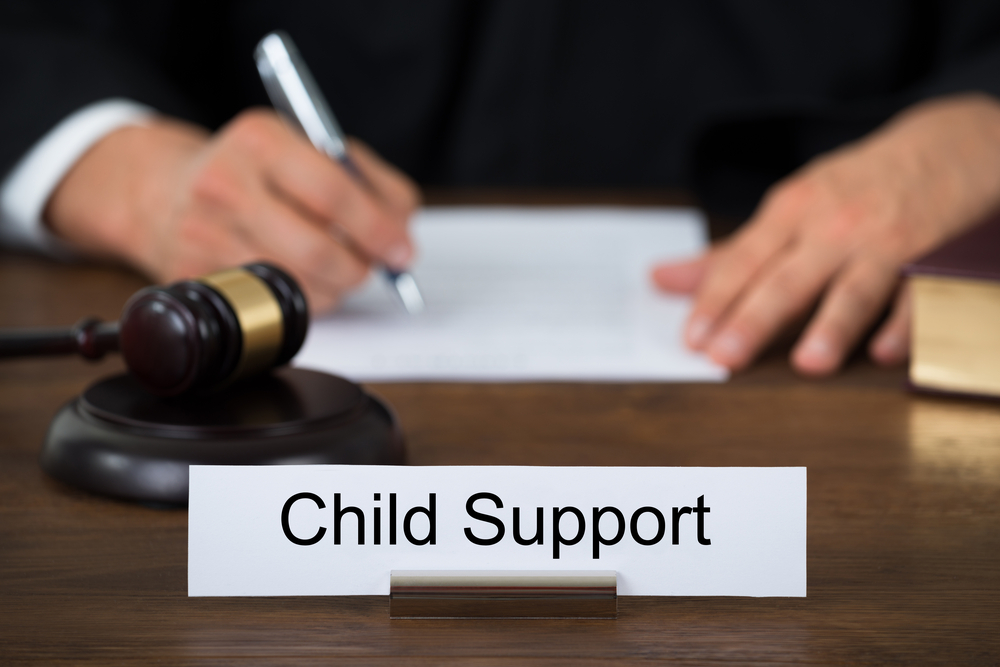 Spears wanted to share the story publicly because "they benefited when it was a secret." “I was told that I was not allowed to name the people who did this to me,” Spears said. She later admitted that she just "wants to own her money and have her boyfriend drive her around."
Spears wanted to share the story publicly because "they benefited when it was a secret." “I was told that I was not allowed to name the people who did this to me,” Spears said. She later admitted that she just "wants to own her money and have her boyfriend drive her around."
This testimony sounded provocative, but not at all surprising to those who knew how her guardianship worked. Andrew Gallery, a photographer who worked with Spears in 2008, attended the hearing and looked at the lawyers' faces on monitors. “When she spoke, I wanted to shout: “What the hell is going on?” But the lawyers had no reaction. They just sat there."
"When she spoke, I wanted to shout, 'What the hell is going on?' But the lawyers had no reaction.”
Spears' family placed the guardianship partly because they were genuinely concerned about her mental health 13 years ago, people close to them say. But money and fame divided the family. A legislative gap made it possible to deprive the singer of basic rights. Jacqueline Butcher, a former family friend who attended the hearing, admitted that she was sorry that she then offered to help with the establishment of guardianship. “Then I thought I was doing a good deed. But I helped corrupt loved ones get all that control.”
Jacqueline Butcher, a former family friend who attended the hearing, admitted that she was sorry that she then offered to help with the establishment of guardianship. “Then I thought I was doing a good deed. But I helped corrupt loved ones get all that control.”
Child custody battle
In the spring of 2004, Spears met dancer Kevin Federline at a nightclub, and they were married six months later. She was very happy. “I have been singing since I was 16, traveled the length and breadth of the world and even kissed Madonna,” she wrote on her website two months after the wedding. “The only thing I didn’t do was I didn’t experience what is closest to God, I didn’t give birth to a child. I can not wait!"
Spears gave birth to two children, and shortly after the birth of the second filed for divorce. At a nightclub, Federline scribbled on the toilet wall: “Today I am a free man – to hell with my wife, give me my children, you bastard!” During the divorce, he requested sole custody.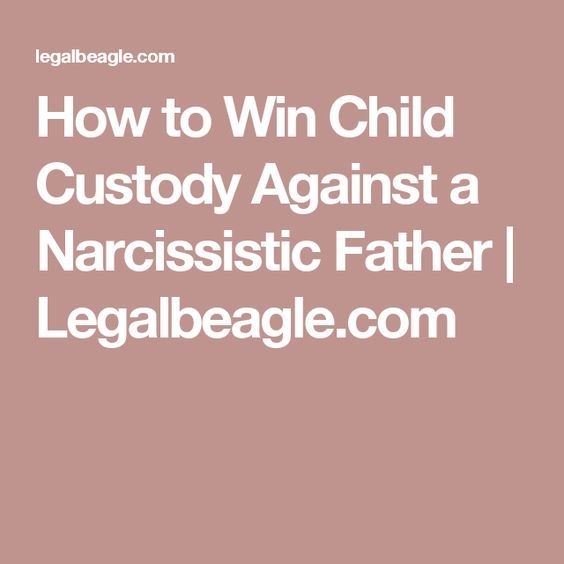 Preston was over a year old, and Jayden was still nursing. Spears wanted to be with them undivided, but the court ruled to divide the time between the two parents. Spears hated it when children were taken away and "didn't know what to do with herself then." In her free days, she became a target for the paparazzi. In February 2007, she shaved her head, and five days later she attacked a paparazzi car with an umbrella. These antics cemented the image of Spears as crazy. But she did all this after repeated refusals to see her children.
Preston was over a year old, and Jayden was still nursing. Spears wanted to be with them undivided, but the court ruled to divide the time between the two parents. Spears hated it when children were taken away and "didn't know what to do with herself then." In her free days, she became a target for the paparazzi. In February 2007, she shaved her head, and five days later she attacked a paparazzi car with an umbrella. These antics cemented the image of Spears as crazy. But she did all this after repeated refusals to see her children.
Some people close to Spears believe that she then had postpartum depression, someone talks about alcohol and drugs. The mother of the singer Lynn Spears and the father of her children insisted that she go to the clinic if she wants to spend more time with her children. She did so, but was discharged the very next day. As a result, the court gave the children to Federline, and Spears was allowed to visit them four times a week under the supervision of a court-appointed warden.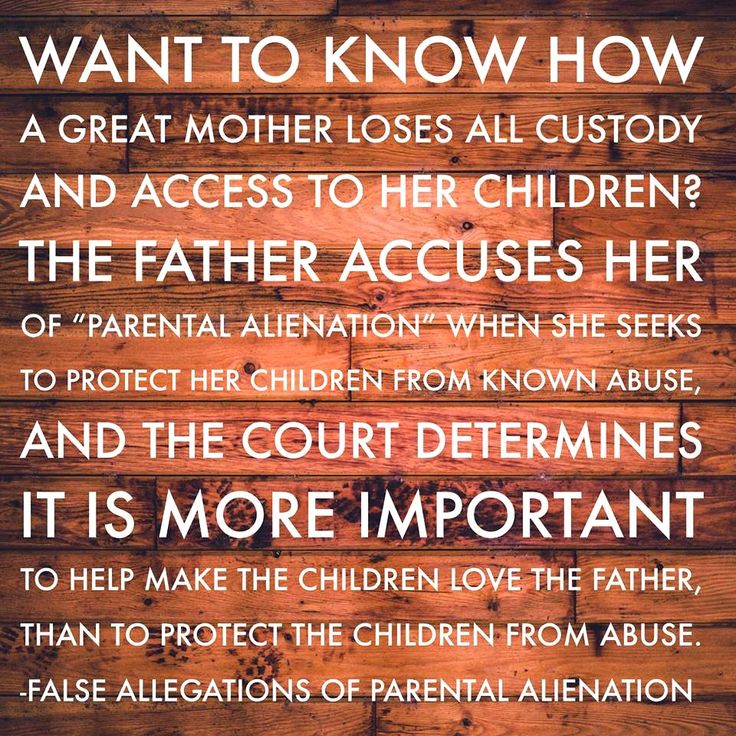
At the beginning of January 2008, when the time for contact with the boys came to an end again, Spears closed herself with the youngest child and the bathroom and refused to give it to the security guard who was supposed to take the children to their father. It was a desperate move, because the violation of the terms of the child custody agreement jeopardized the ability to see them at all. According to former Spears manager Sam Lutfi, Federline's lawyer called the police and firefighters, who called an ambulance. Reporters surrounded the house and broadcast live, with four helicopters flying over it. There were cops and firemen inside. “It was like a crime scene,” Lutfi recalls. I squeezed my way to the bathroom and opened the door, which wasn't even locked. Britney stood there rocking the sleeping baby to the sound of running water. I said that it should be given. She was just about to do it when firefighters rushed in, took the child away, and strapped her to a gurney.” It was an emergency psychiatric care that came for involuntary hospitalization. The singer was taken to the hospital, and the photos were scattered all over the media. As a result, Federline received sole custody of the children. Spears was thought to have put them in danger, but those close to her disagree. They believe that she was a good mother and simply did not want to part with them.
The singer was taken to the hospital, and the photos were scattered all over the media. As a result, Federline received sole custody of the children. Spears was thought to have put them in danger, but those close to her disagree. They believe that she was a good mother and simply did not want to part with them.
Britney Spears' three lawyers
After the mental health episode, Jamie consulted with his lawyers about Britney's custody. Her parents were seriously worried about her, in particular, they were afraid that the then management would rob her or impulsive decisions would lead her into debt. Three psychiatrists were asked to confirm the singer's mental illness. The third, James Spar, did it. [ Earlier this year, Spar said of Spears on a podcast, "I don't know why she's still in custody." — Approx. ed. ].
The legal process went quickly, Judge Reva Goetz announced that she was establishing custody. But, according to a Butcher family friend, no one testified, no questions were asked, and no one even spoke to Spears.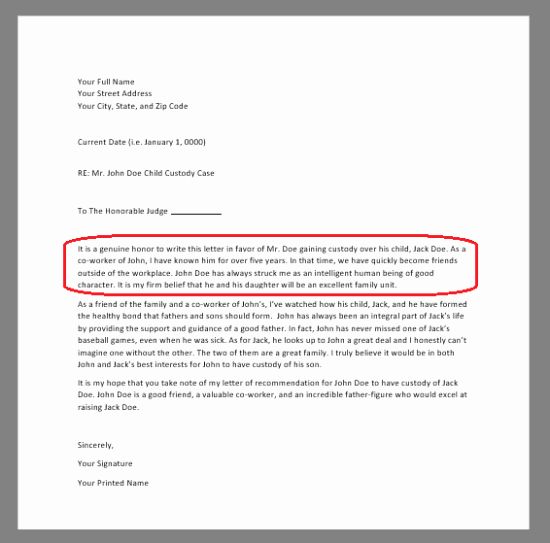 Judge Goetz herself does not confirm this: according to her, lengthy consultations were held about Spears's health and she herself was given the opportunity to influence the decision [ in what way, it does not say. — Approx. ed. ].
Judge Goetz herself does not confirm this: according to her, lengthy consultations were held about Spears's health and she herself was given the opportunity to influence the decision [ in what way, it does not say. — Approx. ed. ].
California law requires that wards be given five days' notice before the guardianship takes effect. But the guardians petitioned not to do this, and Judge Goetz went forward.
Since the early days of the restrictions, Spears has protested against them. While she was in the hospital, she entered into a contract with a lawyer named Adam Streisand. He represented her at court hearings, where he directly stated that Spears did not want to have a father as his guardian. But the judge, based on the testimony and the report, decided that Spears did not have sufficient legal capacity to hire her own lawyer.
Spears' lawyer stated that she did not want to have her father as her guardian. But the court decided that she did not have sufficient legal capacity to hire her own lawyer.
Spears spoke to another lawyer, John Eardley, who attempted to move the case to federal court. But the lawyers who defended the custody argued that Spears could not have hired Eardley. At the same time, he had a recording of a telephone conversation with Spears, who said: "I want my life back."
Eardley filed a motion to take his client to court. He insisted: she "will give an honest testimony that she really authorized him to speak on her behalf." Eardley also wrote: “It is clear that the guardianship was planned long before it was established. It has been used as a weapon in the legal battle for children and for other illegal purposes." In yet another document, he claimed that the last time Spears tried to call him, her phone was taken away from her and the number was turned off the next day.
According to Jonathan Martinis of the Disability Rights Center at Syracuse University, one of the most dangerous aspects of guardianship is that it prevents people from getting legal help on their own. “According to the outcome of a custody case, the same rights can be limited as in the outcome of a criminal case,” says Martinis. “But if Britney were found with an ax in one hand and a severed head in the other, she would have a right to a lawyer. In a custody case, she doesn't have the rights that an ax killer has."
“According to the outcome of a custody case, the same rights can be limited as in the outcome of a criminal case,” says Martinis. “But if Britney were found with an ax in one hand and a severed head in the other, she would have a right to a lawyer. In a custody case, she doesn't have the rights that an ax killer has."
Spears tried to hire another lawyer - John Anderson. The singer's former manager Lutfi and Eardley's lawyer helped organize the secret meeting. On it, Spears signed papers on the provision of legal services. On January 27, 2009, Anderson notified Jamie's lawyers that he would seek recognition for Spears' right to hire an independent consultant, and wrote a statement about this. Then he spoke to them. On January 28, he sent a letter to Lutfi and Eardley: “I will not do anything or speak to anyone about this anymore. This is the end for me."
This is the end for me."
The Spears case didn't help Eardley's career either. In a later hearing, Jamie's lawyers stated that the audio recording of the conversation with the singer was forged. He was sued by the bar for attempting to represent Spears without being properly authorized to do so. He was later accused of writing the wrong bills to a client's trust account and was stripped of his status.
Abuse of custody
At first, Galleri says, no one seemed to think the guardianship would take that long, but in October 2008 it was extended indefinitely. As photographer Spears Gallery recalls, she once asked him to find him another lawyer and handed over a letter that outlined her story. But Jamie's team took the letter and squeezed Gallery out of Spears' entourage. Another story was recalled by the sister of the former manager of the pop star Latfi. In the shower of the fitness club, she secretly gave the singer a phone, covering it with a towel. Spears tried to contact a lawyer, but the housekeeper informed her father about this, and the phone was taken away.
In those years when his daughter depended on him, Jamie behaved cruelly: he allowed her to communicate with children only when she fulfilled his conditions, excluded from his social circle those who became close to her and could help, did not allow her to marry and have another child. According to Spears, she was forced to put in an intrauterine device to prevent her from becoming pregnant and was not allowed to see a doctor. The woman was forced to go on tour under pain of a lawsuit. [ Members of the care team deny this: according to them, she gladly agreed. — Approx. ed. ]. She had to take pills from the doctors that Jamie controlled. Many of those who saw Britney then said that she was aloof, depressed, did not joke or laugh. She, in her own words, was given $2,000 a week, regardless of how much she earned. Although only participation in the X-Factor brought $ 5 million. At the same time, Jamie paid from her own income for the services of lawyers who kept Britney under control.
Spears was given $2,000 a week, although her participation in X-Factor alone brought in $5 million. At the same time, Jamie paid from her income for the services of lawyers who kept Britney under control.
In December 2020, despite everything, guardianship was extended until September 2021. Then the fans, who by that time had already launched the #FreeBritney movement ("Free Britney"), staged a thirty-day campaign to draw attention to this story. They called for support for legislation in California that would give wards the right to legal representation. Britney's fans have played a huge role in her release in general: the #FreeBritney movement has helped bring the issue into the public eye.
Problems and risks of guardianship
Guardianship can protect the elderly or those with severe physical or mental disabilities. But there are various less strict types of it, one of which was installed over Spears. Formally, when extending, the court should check whether the guardianship remains necessary, and the guardian must prove that he has tried less restrictive measures. If not, then the restrictions are lifted. “But in practice, I have never heard a judge be interested in this,” says Zoe Brennan-Krohn, a disability rights lawyer.
If not, then the restrictions are lifted. “But in practice, I have never heard a judge be interested in this,” says Zoe Brennan-Krohn, a disability rights lawyer.
People from Jamie's team claim that Spears is being manipulated by her men to get to her multi-million dollar fortune (now it is the singer's fiancé Sam Asgari, who supports her in her quest to become independent). Also, Jamie's people say she has a serious medical diagnosis that they can't talk about. "It's irresponsible to give her the freedom to do whatever she wants," says a team member.
The idea that the ward needs guardianship for a normal life, to some extent, reinforces itself, and it turns out a vicious circle. In this sense, experts say, her case is typical. Martinis, a disability rights lawyer, says it's impossible to escape in many cases, so there's room for abuse. In the worst cases, he says, "the strategy is to isolate, medicate and gain access to property." According to Martinis, if a person lives under care normally, this is considered proof that it is necessary. If there is a disorder with him under guardianship, they also conclude from this that guardianship is needed.
If there is a disorder with him under guardianship, they also conclude from this that guardianship is needed.
If a person lives under care normally, this is considered proof that care is needed. If there is something wrong with him, they also conclude from this that guardianship is needed.
Finally, freed, a person may face manipulation or a life crisis. And this is all the more likely, the more time he spent without the ability to manage his life. If such a misfortune occurs, it may again raise the issue of legal restrictions. “Our mistakes shape our personality and teach us, and bad decisions are part of human nature,” says Martinis. “Although we can promise the disabled that we will keep them from making mistakes, with the best of intentions.”
“There's the concept of the dignity of risk,” says lawyer Brennan-Krohn. “Most of us have a fairly large selection of bad decisions that are not socially stigmatized. But guardianship implies that everything is done in the best possible way in the interests of the ward.